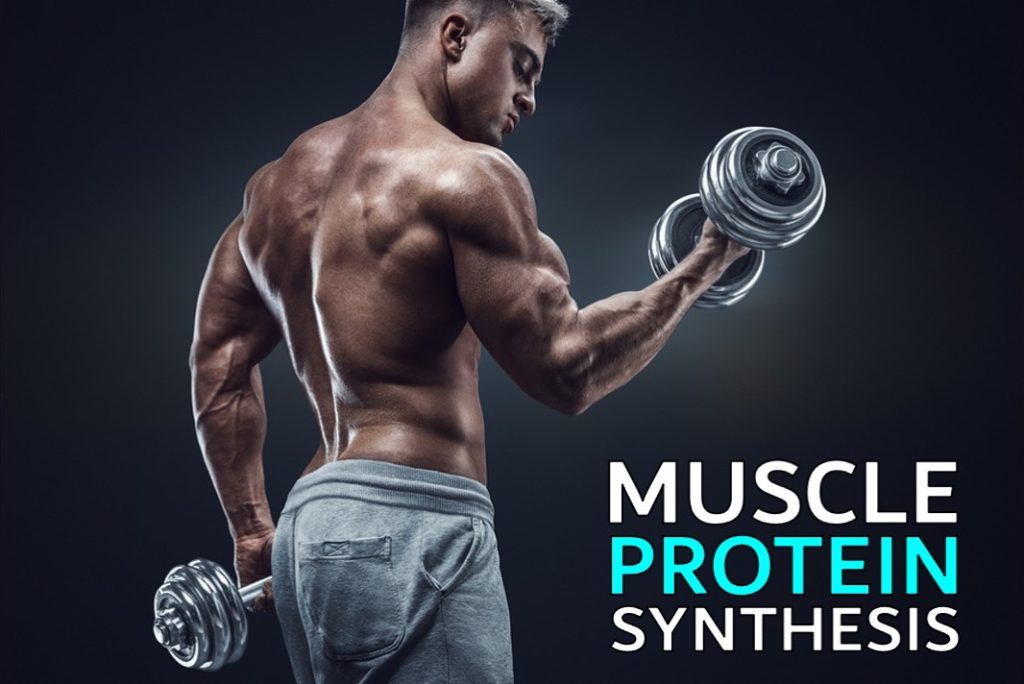As someone who enjoys staying fit and leading a healthy lifestyle, I have always been fascinated by the power of protein. Whether you are an avid gym-goer, a sports enthusiast, or just someone looking to improve their overall well-being, protein plays a crucial role in building muscles and maintaining optimal health. In this blog post, I will explore the various benefits of protein, how it aids in muscle growth, and why it is essential for everyone.
Before diving into the nitty-gritty, let’s start with the basics. Proteins are made up of amino acids, which are the building blocks of our body. They are responsible for repairing damaged tissues, supporting the immune system, regulating hormones, and even transporting vital molecules within our cells. Without sufficient protein intake, our bodies would struggle to perform these essential functions effectively.
Now, let’s focus on the aspect that many individuals are particularly interested in: muscle growth. Whether you want to achieve that perfectly sculpted physique or simply enhance your strength, protein plays a pivotal role in building and repairing muscle tissues. When we engage in strenuous physical activities, such as weightlifting or intense workouts, our muscle fibers undergo microscopic damage. It’s during the recovery process that our muscles adapt and grow stronger. Protein provides the necessary amino acids to facilitate this repair and growth.
So, how much protein do we actually need? The general guideline for individuals engaging in regular physical activity is to consume around 0.8 grams of protein per kilogram of body weight. However, if you are actively looking to increase your muscle mass or engaging in intense training, you may require higher protein intake. Studies suggest that athletes or those involved in strength training might benefit from consuming up to 1.2 to 2 grams of protein per kilogram of body weight.
While the quantity is essential, the quality of protein should not be overlooked. Different sources of protein offer varying types and amounts of amino acids. Animal-based proteins, such as lean meats, poultry, fish, eggs, and dairy products, provide all the essential amino acids needed by our bodies. Plant-based sources, on the other hand, may lack some of these amino acids but can be combined to form complete protein profiles.
Now, let’s move beyond muscle growth and delve into the other remarkable benefits of protein. Firstly, protein has the highest thermic effect among all macronutrients. This means that it requires more energy to digest, metabolize, and store, resulting in a higher net caloric burn. Incorporating protein-rich foods in your diet can aid in weight management by increasing satiety levels and reducing cravings.
Additionally, protein has a positive impact on bone health. It not only aids in the absorption of calcium but also stimulates the production of osteoblasts, the cells responsible for bone formation. This is particularly crucial as we age and face the risk of osteoporosis.
Moreover, protein plays a vital role in the maintenance and repair of all body tissues. From our skin and hair to our organs and blood vessels, protein is involved in the constant renewal and regeneration of cells. It also contributes to the production of enzymes, antibodies, and other vital molecules that are necessary for our body’s normal functioning.
Now that we have established the significance of protein, it’s essential to understand that consuming it in excessive amounts does not equate to better muscle growth or overall health. Our bodies have a limit on how much protein they can effectively utilize, and consuming excessive amounts may put strain on our kidneys and liver.
Timing your protein intake is another aspect worth considering. To maximize muscle protein synthesis, it is ideal to spread your protein intake evenly throughout the day. Consuming protein-rich foods before and after your workouts can aid in muscle recovery and optimize protein utilization.
In conclusion, protein is an integral part of our diet that is essential for building muscles, maintaining overall health, and supporting various bodily functions. Whether you’re an athlete, a fitness enthusiast, or simply someone looking to improve their well-being, incorporating protein-rich foods into your diet can help you achieve your goals. However, it’s important to remember that each person’s protein requirements may vary, and it’s always best to consult with a healthcare professional or a registered dietitian to determine the right amount for you. So, let’s raise our protein shakers and toast to the power of protein!

